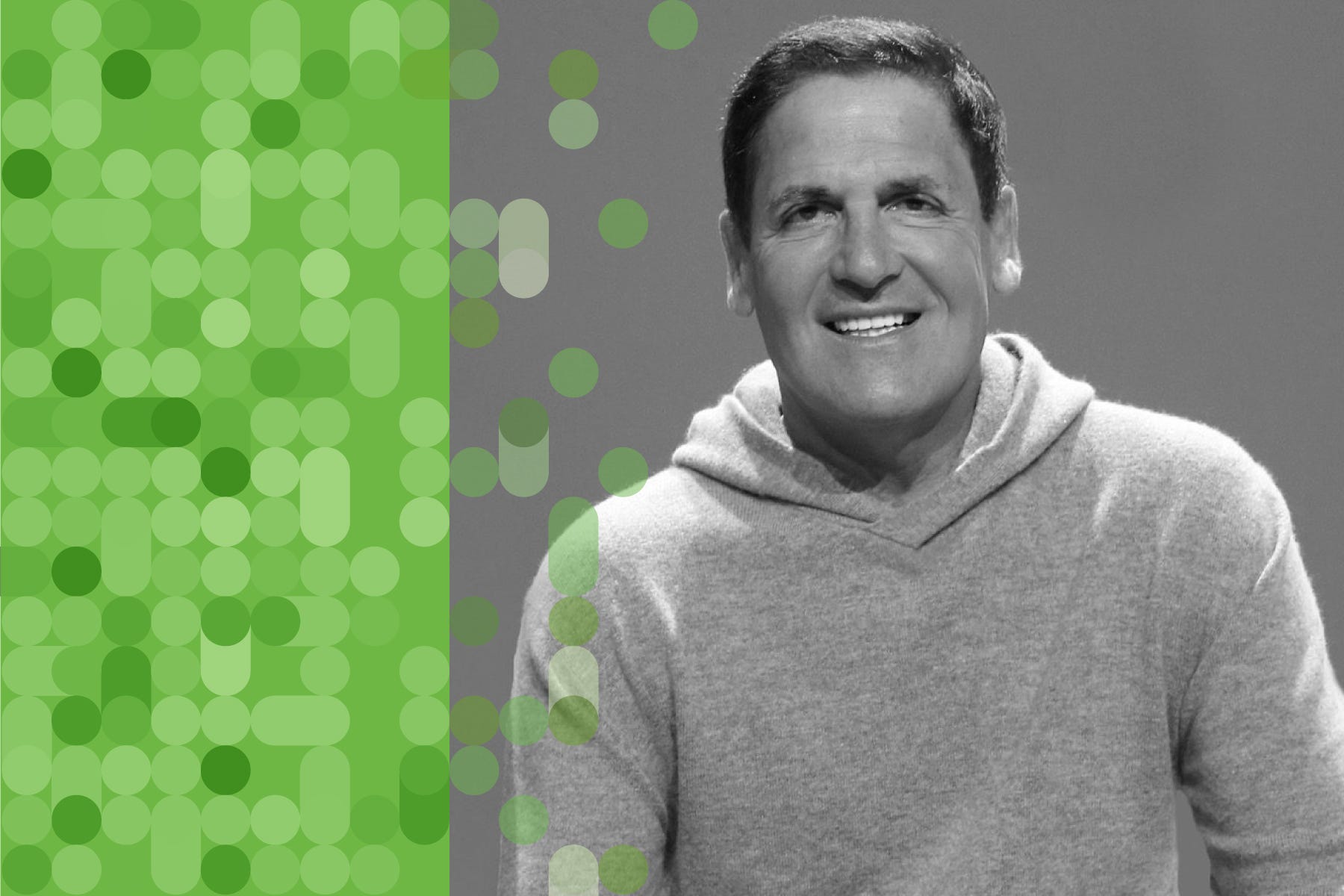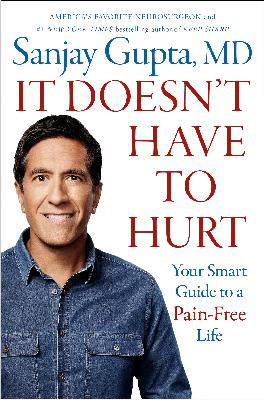Mark Cuban: A Master Disrupter for American Healthcare
Description
American healthcare is well known for its extreme cost and worst outcomes among industrialized (such as the 38 OECD member) countries, and beyond that to be remarkably opaque. The high cost of prescription drugs contributes, and little has been done to change that except for the government passing the Affordable Insulin Now Act at the end of 2022, enacted in 2023. But in January 2022 Mark Cuban launched Cost Plus Drugs that has transformed how many Americans can get their prescriptions filled at a fraction of the prevailing prices, bypassing pharmacy benefit managers (PBMs) that control 80% of US prescriptions. That was just the beginning of a path of creative destruction (disruptive innovation, after Schumpeter) of many key components American healthcare that Cuban is leading, with Cost Plus Marketplace, Cost Plus Wellness and much more to come. He certainly qualifies as a master disrupter: “someone who is a leader in innovation and is not afraid to challenge the status quo.”
Below is a video clip from our conversation dealing with insurance companies. Full videos of all Ground Truths podcasts can be seen on YouTube here. The current one is here. If you like the YouTube format, please subscribe! The audios are also available on Apple and Spotify.
Transcript with External links to Audio
(00:07 ):
Hello, it's Eric Topol with Ground Truths, and I have our special phenomenal guest today, Mark Cuban, who I think you know him from his tech world contributions and Dallas Mavericks, and the last few years he's been shaking up healthcare with Cost Plus Drugs. So Mark, welcome.
Mark Cuban (00:25 ):
Thanks for having me, Eric.
Eric Topol (00:27 ):
Yeah, I mean, what you're doing, you’ve become a hero to millions of Americans getting them their medications at a fraction of the cost they're used to. And you are really challenging the PBM industry, which I've delved into more than ever, just in prep for our conversation. It's just amazing what this group of companies, namely the three big three CVS Caremark, Optum of UnitedHealth and Express Scripts of Cigna with a market of almost $600 billion this year, what they're doing, how can they get away with all this stuff?
Inner Workings of Pharmacy Benefit Managers
Mark Cuban (01:03 ):
I mean, they're just doing business. I really don't blame them. I blame the people who contract with them. All the companies, particularly the bigger companies, the self-insured companies, where the CEO really doesn't have an understanding of their healthcare or pharmacy benefits. And so, the big PBMs paid them rebates, which they think is great if you're a CEO, when in reality it's really just a loan against the money spent by your sickest employees, and they just don't understand that. So a big part of my time these days is going to CEOs and sitting with them and explaining to them that you're getting ripped off on both your pharmacy and your healthcare side.
Eric Topol (01:47 ):
Yeah, it's amazing to me the many ways that they get away with this. I mean, they make companies sign NDAs. They're addicted to rebates. They have all sorts of ways a channel of funds to themselves. I mean, all the things you could think of whereby they even have these GPOs. Each of these companies has a group purchasing organization (I summarized in the Table below).
Mark Cuban (02:12 ):
Yeah, which gives them, it's crazy because with those GPOs. The GPO does the deal with the pharmacy manufacturer. Then the GPO also does the deal with the PBM, and then the PBM goes to the self-insured employer in particular and says, hey, we're going to pass through all the rebates. But what they don't say is they've already skimmed off 5%, 10%, 20% or more off the top through their GPO. But that's not even the worst of it. That's just money, right? I mean, that's important, but I mean, even the biggest companies rarely own their own claims data.
Mark Cuban (02:45 ):
Now think about what that means. It means you can't get smarter about the wellness of your employees and their families. You want to figure out the best way to do GLP-1s and figure out how to reduce diabetes, whatever it may be. You don't have that claims data. And then they don't allow the companies to control their own formularies. So we've seen Humira biosimilars come out and the big PBMs have done their own version of the biosimilar where we have a product called Yusimry, which is only $594 a month, which is cheaper than the cheapest biosimilar that the big three are selling. And so, you would think in a normal relationship, they would want to bring on this new product to help the employer. No, they won't do it. If the employer asks, can I just add Cost Plus Drugs to my network? They'll say no, every single time.
Mark Cuban (03:45 ):
Their job is not to save the employer money, particularly after they've given a rebate. Because once they give that loan, that rebate to the employer, they need to get that money back. It's not a gift. It's a loan and they need to have the rebates, and we don't do rebates with them at all. And I can go down the list. They don't control the formula. They don't control, you mentioned the NDAs. They can't talk to manufacturers, so they can't go to Novo or to Lilly and say, let's put together a GLP-1 wellness program. All these different things that just are common sense. It's not happening. And so, the good news is when I walk into these companies that self-insured and talk to the CEO or CFO, I'm not asking them to do something that's not in their best interest or not in the best interest of the lives they cover. I'm saying, we can save you money and you can improve the wellness of your employees and their families. Where's the downside?
Eric Topol (04:40 ):
Oh, yeah. Yeah. And the reason they can't see the claims is because of the privacy issues?
Mark Cuban (04:46 ):
No, no. That's just a business decision in the contract that the PBMs have made. You can go and ask. I mean, you have every right to your own claims. You don't need to have it personally identified. You want to find out how many people have GLP-1s or what are the trends, or God forbid there's another Purdue Pharma thing going on, and someone prescribing lots of opioids. You want to be able to see those things, but they won't do it. And that's only on the sponsor side. It's almost as bad if not worse on the manufacturer side.
Eric Topol (05:20 ):
Oh, yeah. Well, some of the work of PBMs that you've been talking about were well chronicled in the New York Times, a couple of major articles by Reed Abelson and Rebecca Robbins: The Opaque Industry Secretly Inflating Prices for Prescription Drugs and The Powerful Companies Driving Local Drugstores Out of Business. We'll
























